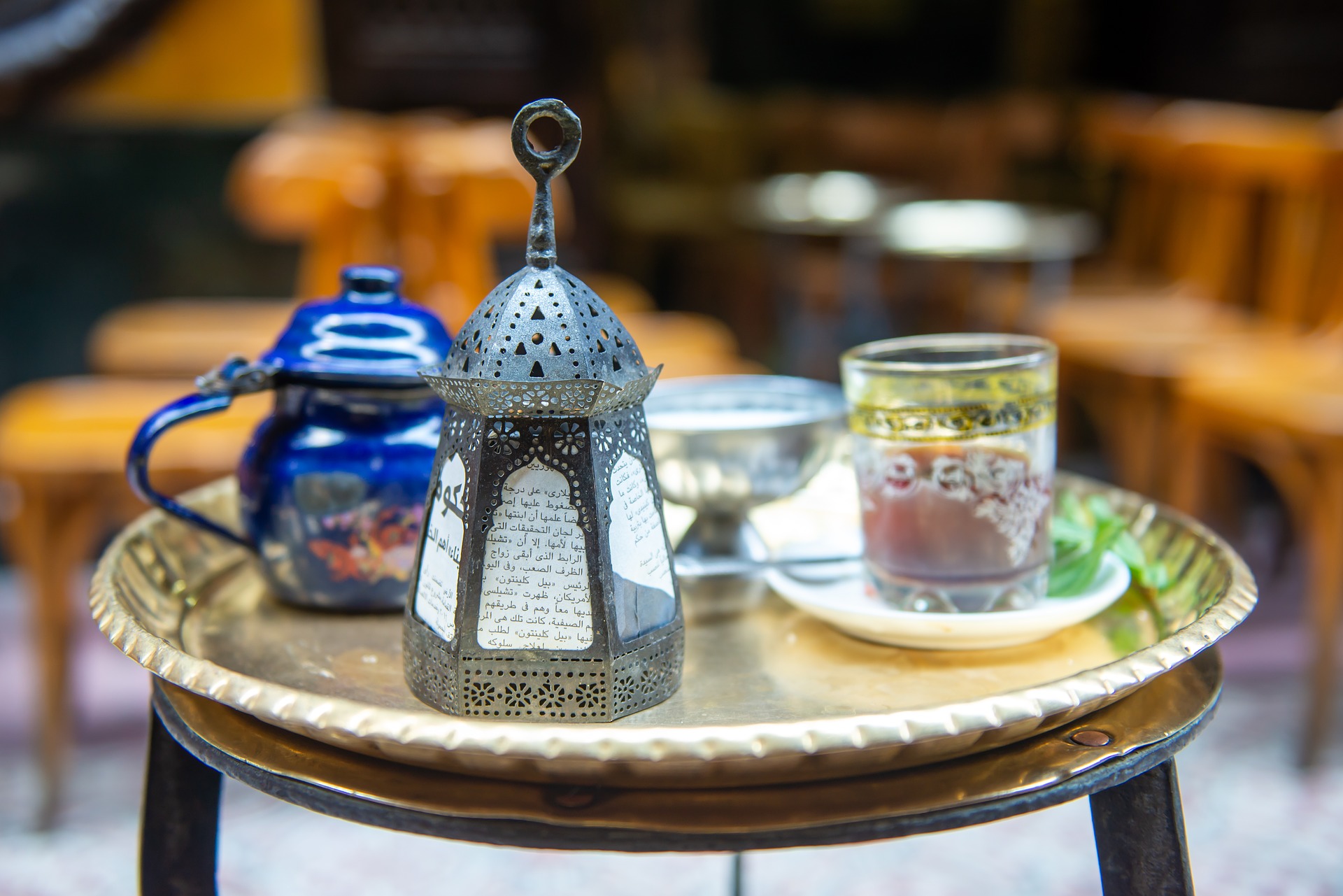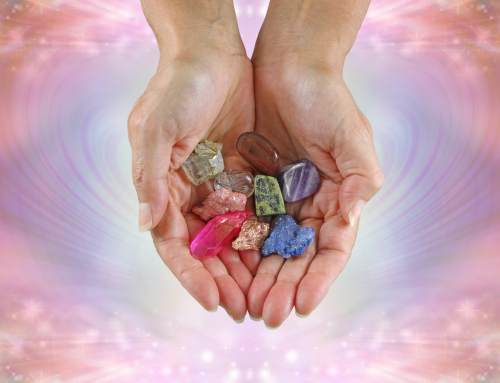Ramadan, the most blessed month of the Islamic calendar, is filled with fasting, praying, and giving. Fasting during this month has several spiritual benefits, but it has many physical benefits too.
The entire process of breaking down and digesting food takes up a lot of energy. When a person is fasting, this energy is freed up and conserved. Now, the body has more stamina and a chance to focus on repairing and building new cells. These cells essential to building a strengthened immune system. Moreover, the digestive system gets a chance to repair itself, clean up the toxins and circulating blood, and reset itself completely.
Well, the key is what to eat and what to avoid during the non-fasting hours that will lead to weight loss, better focus, higher energy levels, and balanced hormones. Here are some tips that are doable, sustainable, and easily adaptable by most people:
- Sunlight: get at least 20-30 minutes of natural light every day. It keeps your circadian rhythm regulated. With a synced circadian rhythm, your cells function better, and your hormones are better balanced.
- Nature: spending time in nature, by the trees or the sea, lowers cortisol levels and inflammation and improves sleep.
- Move: 1 hour before iftar or 2 hours after; depending on your energy, you can do strength training or low-intensity exercise. At the very least, commit to walking every day.
- Protein: we tend to gravitate towards carbohydrates and fast sugars while fasting. Make sure to eat your proteins like chicken, meat (grass-fed only), egg, black beans, tofu, or dark green leafy vegetables such as spinach or kale. Make sure that they are a part of your plate. Eat slow-eating carbohydrates (rainbow of vegetables). A fun way to add all the nutrients is to make sure that you have two different colored vegetables on your plate every day. For instance, red bell pepper and green broccoli go together. Use the GPRS method of cooking (grilled, poached, roasted, steamed).
- Eat mindfully: chew your food well.
-
- Eat slowly for 20 minutes.
- Take a little break between your meals by taking a deep breath, looking at your surroundings, or making conversation.
- Take deep breaths and enjoy what you are eating.
- The exhale should be slightly longer than the inhale.
- Hydrate: it is getting hot, and we tend to lose more water. Rehydrate your cells with water, herbal tea, or infused water. Try avoiding caffeine as it dehydrates your body and disrupts sleeping patterns.
- Sleep: sleep routines tend to change in Ramadan. Try to get your 7-8 hours of sleep every day.
By Sheetal Ramchandani- Health Coach





